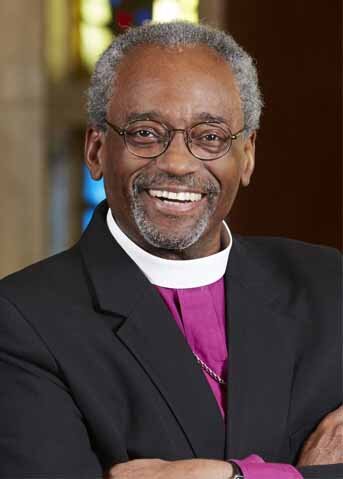"I hope that this book will help us to pay close attention both to the beams that surround us and the Source that upholds us, in such a way that time and eternity, this world and the next, are always intersecting."
—Leighton Ford, The Attentive Life
As the world swirls faster and faster about us, headlines scream, sirens blare, lights flash, computer screens whir, iPhones sing and shout. And people—who created all this stuff to make life easier, safer or simply more fun—begin to burn out. Or already have.
Enter, for one, the Slow Movement. Stress has obviously led to unprecedented health problems. ‘Stop the world I want to get off’ is a feeling we all have sometimes. Why is this happening? What’s wrong? What are we searching for? The one thing common to all these trends is connection. We want connection to all that it means to live; we want to live connected lives.
Interestingly, the French word for ‘slow’ is lent. And this particular season of the year, the 40 days before Easter in Christian circles, is called Lent. Not for that reason of course—it’s just that the connection fascinates me. The term’s real origins come from old German. Since spring is the time of year when days become longer, the Germans called the season Lencten, derived from their own word for ‘long’.
So Christians sometimes try to fast from something during Lent, which in a round-about way is how Mardi Gras, the Tuesday before Lent, got its name. Translating from the French it means Fat Tuesday: Eat all you can so it won’t spoil while you're fasting (once upon a time); eat and party all you can just because you can (now).
Yet the true idea of Lent is, within Christianity, to do less of something, symbolizing giving up one’s own selfish desires and focus more on getting right with God. To pay attention to caps-lock LIFE, instead of this, that and the other.
Which brings me to a beautiful, brilliant book, The Attentive Life: Discerning God’s Presence in All Things, by Leighton Ford. The miraculous story of how I connected with Dr. Ford and discovered his work and writings I'll leave for another day.
Dr. Ford explains his certainty that too often we keep ourselves busy and distracted out of fear that if we slow down and are still, we may look inside and find nothing there.
"What God is doing in both [our vocational and our personal journeys] is similar; very much like the interweaving of the intricate strands in a Celtic cord, a work of art designed to show how God is at work weaving the inner and outer parts of our lives into a unified pattern.”
In a section entitled One Who Paid Attention: C.S. Lewis Looking Along a Beam, Ford writes of Lewis’s realization of “two ways of looking at life: looking at the dancing and moving events, the happenings and surroundings of each day, and looking ‘sideways’ so to speak, ‘along the beam’—to see not only what is happening but why, and what it is that gives meaning to the happenings of our lives.”
Ford blames French philosopher René Descartes for bedeviling us with dualism: the idea of a division between mind and matter. “Many of us now assume,” he writes, “that knowledge is either ‘scientific’ and based on facts or ‘mystical’ and based on fancy, and never the twain shall meet.”
Lewis provides the counterargument from Christianity, Ford notes, it being "the most materialistic" of all religions. “God must have loved material things: after all, he made them!"
"We need again to heed his [Lewis’s] wisdom. True knowledge is found in the Word who became flesh, as we look both ‘at’ and ‘along’ the beams each and every day.
"This knowledge from God and of God, and not just the experiments of the scientist or the intuitions of the mystic, will save us and transform this world.”














